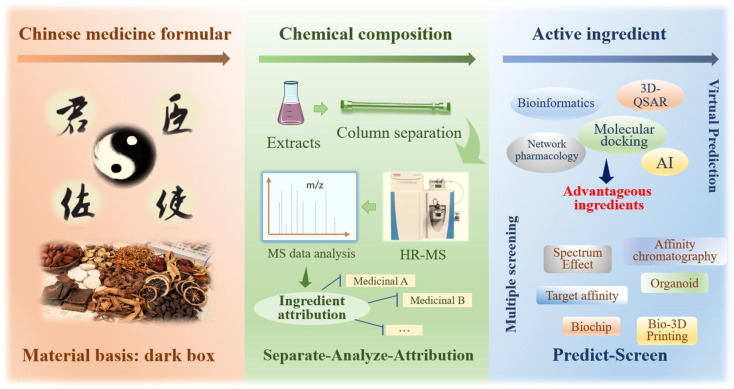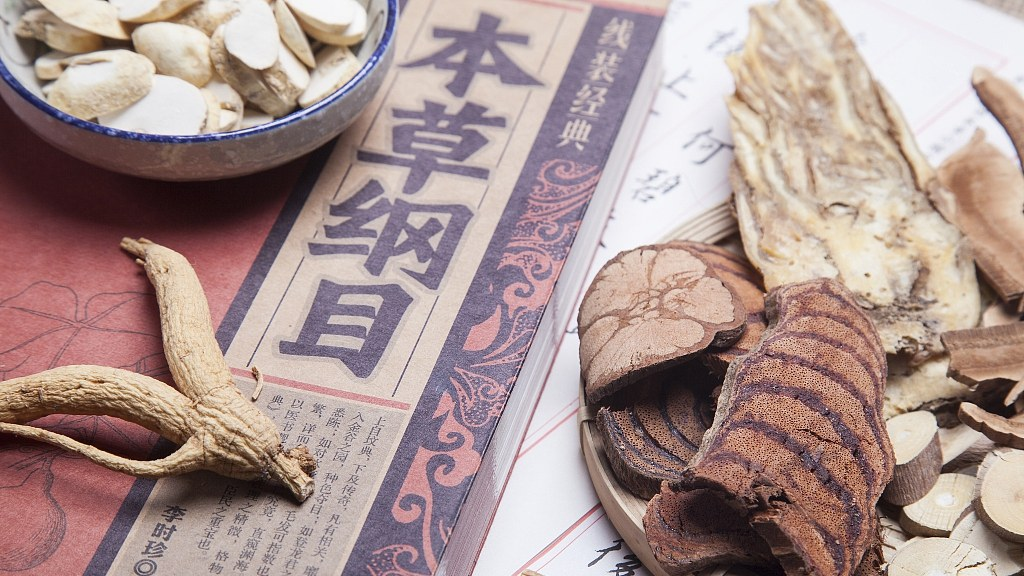
Chinese herbal medicine has existed for centuries. However, it is still a subject of controversy in modern healthcare. Though it has gained popularity in the western world, many still doubt its actual efficacy. So take a look at the legitimacy of this ancient medicine.
What Are The Underlying Principles Of Chinese Medicine?
Chinese Medicine is based on balancing Yin and Yang, the Five Elements, and Qi flow. It focuses on harmony between body, mind, and environment for optimal health.
To understand Chinese herbal medicine better, one must know these basic principles.
In Chinese herbal medicine it is considered that the whole body is interconnected and any imbalance in one part affects all other parts.
This healing modality knows that every patient requires uniquely tailored combinations of herbs according to their own body type and symptoms. Many herbs are combined together. So they work as a team thereby increasing their efficacy while reducing possible side effects.
The aim of traditional Chinese herbal medication is not just curing ailments but rather maintaining good health.
What Does Scientific Evidence Say?
Scientific evidence for Chinese Medicine is mixed; some studies support its effectiveness for specific conditions, while others highlight a need for more rigorous research to confirm its benefits and safety.
Whether Chinese herbal medicine is considered legitimate by modern science is a complicated matter. While some have positive outlook, other studies have been inclusive and negative.
Some studies showed that certain ailments can be treated using certain Chinese herbs. For example some Chinese herbal medicines can enhance quality of life and reduce side effects of chemotherapy among cancer patients.
Mixed results have been obtained from the research work on various Chinese herbs and formulas. There are both positive and negative results regarding the effects of ginkgo biloba herbs on cognitive function. Therefore, the answer remains unresolved.
Most of the studies on Chinese herbal medicine have suffered poor designs with small sample sizes or no controls at all. It is hard to definitely tell if this treatment is effective due to these limitations.
What Are The Safety Concerns In Chinese Medicine?
Safety concerns in Chinese Medicine include potential contamination with heavy metals, pesticides, and adulterants, as well as interactions with conventional medications. Proper sourcing and professional guidance are crucial.
The safety and quality control for traditional Chinese medicines present significant challenges. Heavy metals, pesticides, and other harmful substances may be found in some herbal products.
Herbal medicines can vary widely in potency and composition unlike pharmaceutical drugs. So dose-response curves are not easy to establish.
There could be an adverse impact due to the combination of traditional oriental plant extracts with contractive medications. Different countries have different regulations when it comes to medicinal plants. Some countries practice stricter rules compared to others.
Most countries now regulate herbal products to overcome these problems. In the United States, constitutional provisions like the Food and Drug Administration (FDA) have jurisdiction over dietary supplements comprising herbal drugs.
Can Chinese Medicine Be Integrated With Conventional Medicine?
Yes, Chinese Medicine can be integrated with conventional medicine to enhance treatment outcomes. Coordination between practitioners ensures safe and complementary approaches, addressing a wide range of health issues effectively.
The desire to merge Chinese herbal medicine and conventional healthcare is indeed on the rise. Some health care providers are considering ways of incorporating Chinese herbal medicine into their existing systems.
The National Center for Complementary and Integrative Health (NCCIH), for instance, finances studies that can reveal both disadvantages and advantages of herbal medicines.
Nowadays, many medical schools offer courses in alternative medicine, including Chinese herbal medicine, to enable future doctors to understand these types of treatments through practice.
Which is the most popular traditional Chinese herb?

Ginseng is one of the most popular traditional Chinese herbs, known for its potential to boost energy, improve cognitive function, and support overall health and vitality.
Ginseng is a highly valued Chinese traditional herb famous for its numerous health benefits. It is known to enhance energy, improve mental function, and contribute to overall vitality.
The herb’s adaptogenic qualities enable the body to cope with stress hence promoting well-being. Ginseng can also be used as an immune system booster while helping people manage fatigue and gain clarity of mind.
What are Chinese herbs for weight loss?
Chinese herbs for weight loss include ginseng, green tea, chrysanthemum, and fu ling, known for boosting metabolism and aiding digestion.
A few commonly used traditional Chinese herbs for weight loss include ginseng, lotus leaf, ginger, and hawthorn. These plants help boost metabolism, improve digestion, and reduce the body’s fat absorption.
What is the main criticism of acupuncture?
The main criticism of acupuncture is the lack of consistent scientific evidence supporting its efficacy and the placebo effect concerns.
The major critique against this procedure rests upon the lack of scientific evidence supporting its effectiveness and placebo effects. The argument here is that many clinical trials often contain methodological flaws which make it difficult if at all possible to prove therapeutic value brought by acupuncture.
What do Chinese herbs do to the body?
The herbs can restore balance and harmony throughout the body by adjusting Qi (energy), strengthening organs, and enhancing immunity.
By balancing and harmonizing the system as a whole, Chinese medicine herbs work. They adjust Qi (energy) flow, strengthen major organs and improve immunity.
This is an approach that seeks to improve general health while dealing with such imbalances are contributory to diverse conditions ultimately facilitating the natural ability of one’s body to heal.
What is the best Chinese herb for weight loss?
One of the greatest Chinese herbs for weight loss is Pu-erh tea. It aids in digestion, promotes fat-burning rate, and increases metabolism.
One of the most effective Chinese herbs for weight loss is Pu-erh tea. It aids in digestion by boosting food breakdown; it increases metabolism leading to fat burning and helps in controlling blood sugar levels.
Unique qualities of Pu-erh tea facilitate weight loss through lowering body fat percentage and increasing energy production making it quite popular for people who want to control their weights.
Is there any scientific proof that acupuncture works?
Scientific proof of acupuncture’s effectiveness is mixed; some studies suggest benefits, while others find limited or inconclusive evidence.
Some studies have found that acupuncture may be effective in treating certain conditions, such as chronic pain and nausea. However, there have been contradictory results so far, and more extensive research is required to prove its effectiveness beyond reasonable doubt.
Who should not get acupuncture?

Individuals with certain medical conditions, such as severe bleeding disorders or infections, should avoid acupuncture. Consult a healthcare provider first.
Those with bleeding disorders, people taking blood thinners, pregnant women (for some points), and those with pacemakers or defibrillators should not opt for acupuncture unless they have consulted proper healthcare experts first.
People with such medical equipment should watch out from acupuncture for their own safety.
What are the Chinese healing techniques?
Chinese healing techniques include acupuncture, herbal medicine, tai chi, qi gong, and cupping, all aimed at balancing energy and promoting health.
These include moxibustion, cupping therapy, tai chi, qigong, herbal medicine, and acupuncture. They come under various names but they all aim at restoring balance within a person’s system by facilitating energy flow and improving overall well-being.
Conclusion
The legitimacy of Chinese herbal medicine remains a very complicated issue that changes constantly. In light of its evolving integration into conventional medicine systems and improvement in safety precautions, traditional Chinese medicine might become better established.

